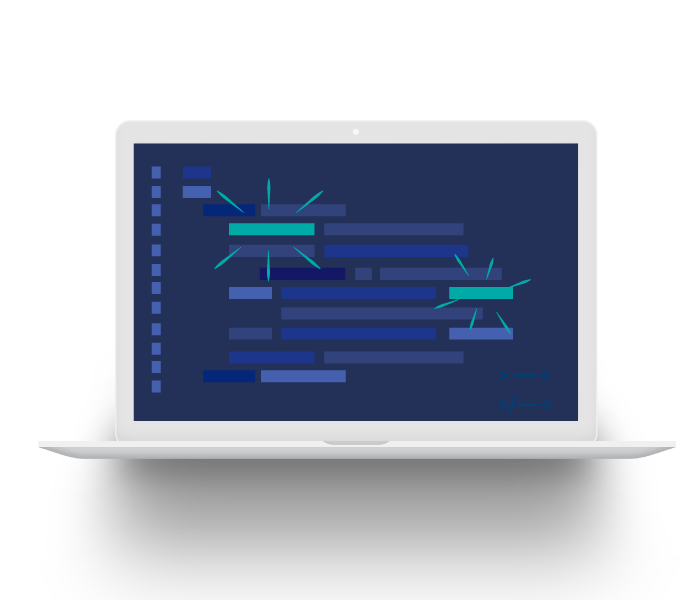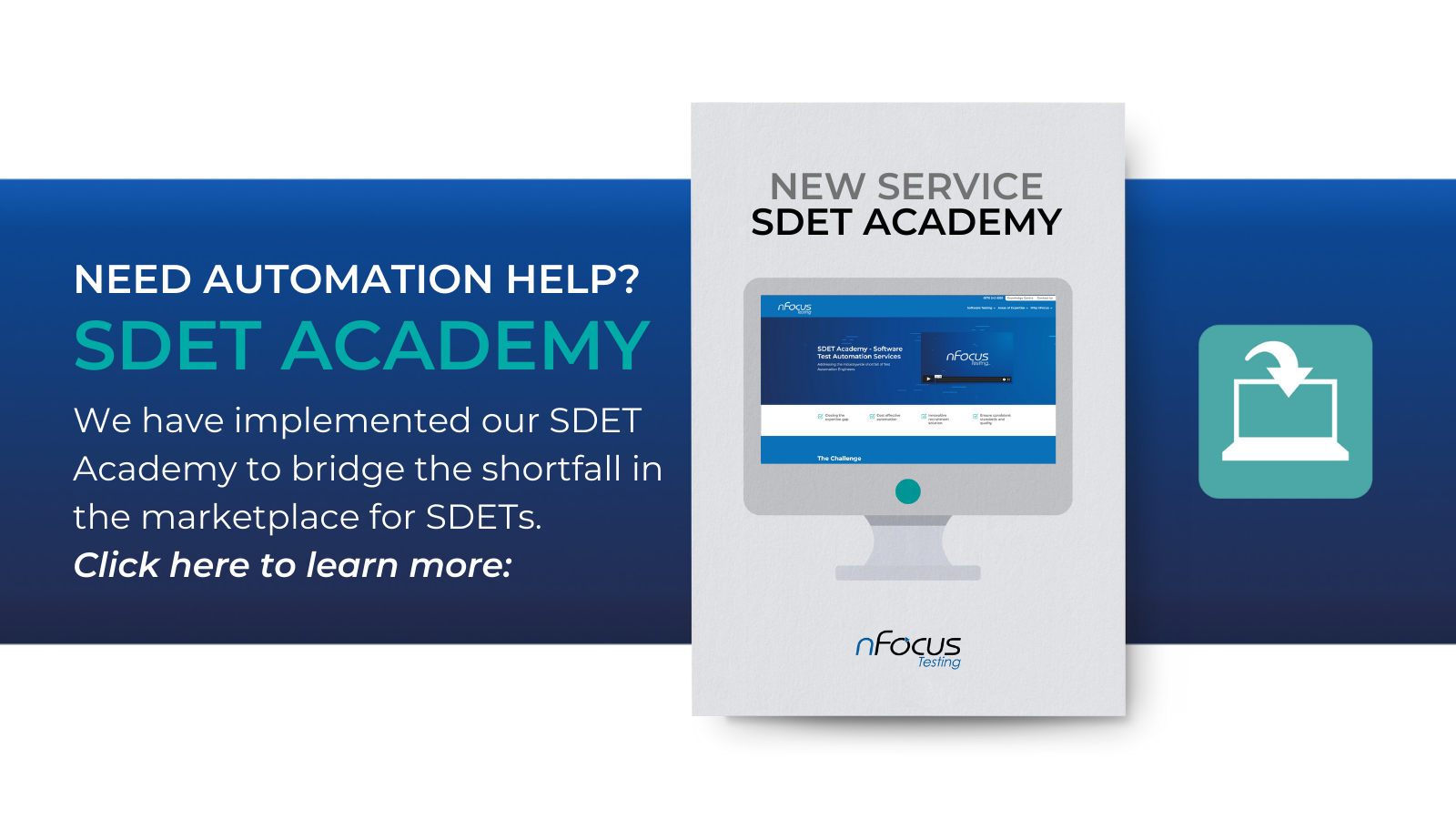Unveiling Insight: Test Analyst Interview Questions & Strategies
Aftermath of the Halloween, I thought it would be good to consider if there are any ‘tricks’ to a successful interview? Over the past few months, I've drafted a selection of interview question templates to standardise the nFocus interview process. As part of this process, the templates have been used successfully to identify quality test resource for several clients who are now part of the nFocus team. Congratulations to those now hired!

What distinguished the successful candidates in interviews was that they had prepared for questions based on the job specification and role. This may sound simple but so many interviewees do not do this. Being adequately prepared to answer basic questions about the role applied for, not only allows the interviewee to speak more confidently and be relaxed but it also clearly demonstrates to the interviewer that the information on the CV is accurate.
Therefore, to get the best from each candidate, the interview templates focus on the core skills for each test role and the job advert. Below, I have detailed some example questions from the Test Analyst template along with a list of responses the interviewee would be measured against. The interviewee is not expected to get all the responses and can even provide an answer not listed. The responses merely act as a guide to the interviewer as to what a good response is. Questions and responses can be changed to be more role specific but the key is to ensure each candidate is asked the same questions and measured against the same responses.
Example Test Analyst Job Questions:
1. In your role as Test Analyst, what do you see as your key responsibilities and deliverables?
Responses
• Develop test cases and test scripts
• Identify or create suitable test data
• Perform test execution
• Review project documentation e.g. requirements
• Raise and manage bugs
• Reporting on test progress
• Produce test plan (optional only if working as test lead)
• Test exit report (optional only if working as test lead)
2. As part of your role as Test Analyst on this project, how would you gather appropriate information required to allow you to perform your testing? What documentation and deliverables would you produce?
Responses
• Requirements / user case / acceptance criteria
• Functional / technical documentation
• Architecture documents
• Look for central document repository
• Speak to other team members, client, stakeholders etc.
• Requirement traceability matrix
• Test cases
• Test scripts
As can be seen, there are no questions designed to catch an interviewee out, as unsuccessful interviewees typically fail on the basic questions. For example, where the interviewer had selected two similar candidates; both with the same length of testing experience, asking the above questions would quickly identify if the Test Analyst had previously received any formal test training or followed a structured testing methodology like Agile or V Model.
In addition to the interview questions, each template sets out a standard structure for each interviewer to follow. This structure ensures consistency across interviews and creates a more relaxed atmosphere for the interviewee, by allowing them to speak early in the interview about their previous role.
Below is a summary of the interview structure before proceeding with the interview questions:
1. All parties – Welcome & initial introductions.
2. Interviewer – Provides an overview of the role and the client.
3. Interviewee – Provides an overview of where they previously worked and their role or their most recent relevant role to the position being applied for.
There is nothing in the structure that is not standard good practice. However, the templates ensure the interview process is repeatable, so interviewers don’t have to rethink the process each time they are tasked with performing an interview.
One final thing to note is that the interview templates are not static documents. Where interviewers identify improvements in the structure or interview questions, these should be updated. Equally, where interviewee responses to questions are better than those expected, these should be updated too. This will ensure that nFocus continue to improve their interview process.
So, in answer to the question, “what is the ‘trick’ to a good interview?”, there isn’t one. You may not be successful in every job interview you attend but read the job advert and be clear on the skills required and you will be 95% there.
Good luck for any future roles you apply for!








.png)
